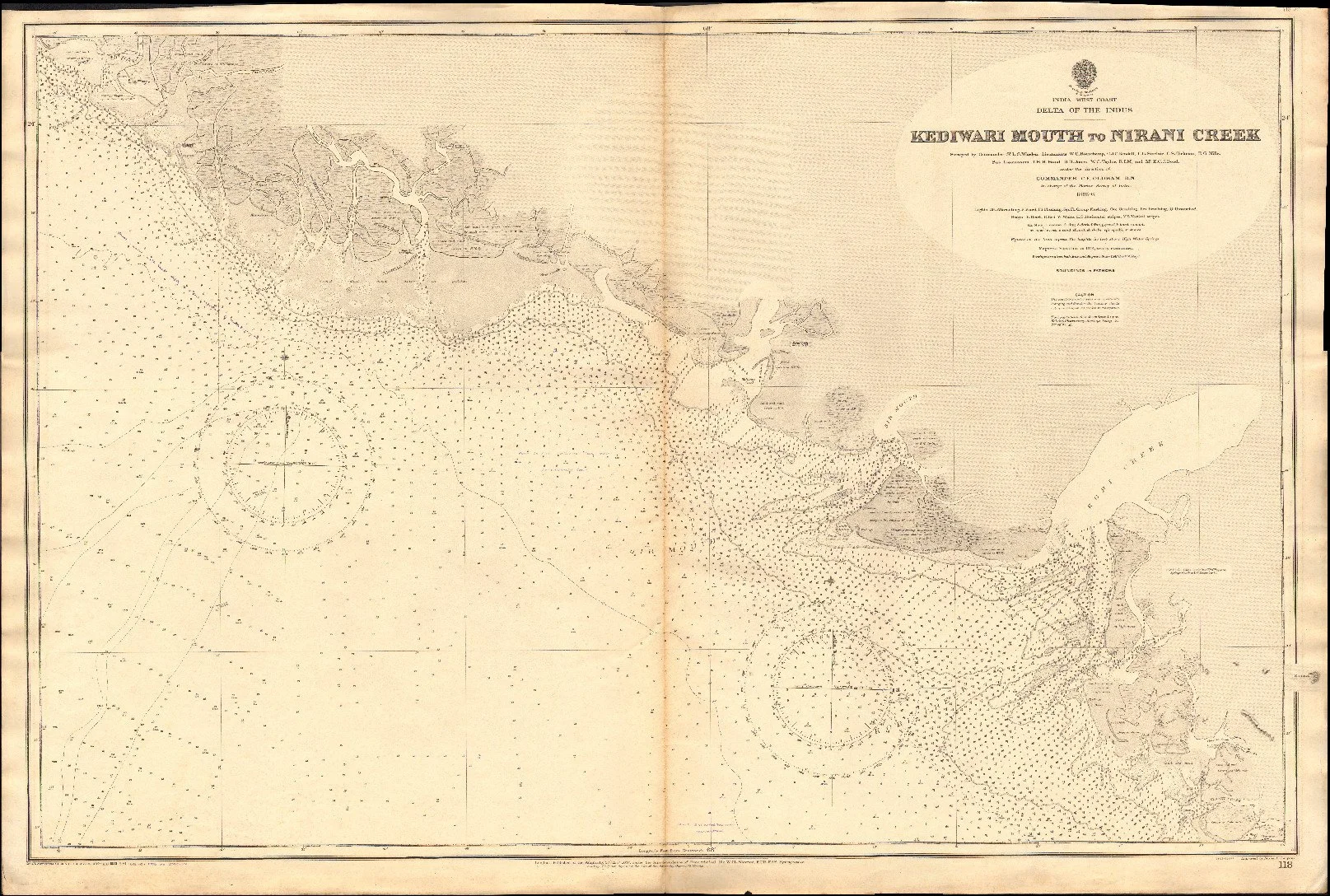Why Pakistan Needs a Comprehensive Indian Ocean Policy
By Faiza Farid
The new decade opened with a joint drill between the navies of Pakistan and China. The drill between the “iron brothers” was cause of concern and speculation for India since it was conducted in the Arabian Sea near India’s western coast, which hosts its major ports. Called “Sea Guardians 2020,” the exercise signified Pakistan’s posture in finally developing a concrete Indian Ocean policy.
Despite media attention to the region in an era of increasing competition, a major lacuna is that there is very little mention of the Indian Ocean Region, colloquially known as the IOR.
Pakistan is located at the cusp of the Arabian Sea, close to the Strait of Hormuz. Despite its fortunate geographic position, Pakistan’s Indian Ocean policy is still lacking. Pakistan touts the China-Pakistan Economic Corridor (CPEC) project connecting China’s western Xinjiang with Pakistan’s southern belt, but China’s Belt and Road Initiative (BRI) has both land and maritime elements, of which Pakistan is only involved in the former. The CPEC is important for Pakistan due to its weak economy and isolation in the international arena, but Pakistan needs to create a holistic foreign policy that includes the CPEC, as well as a deeper strategic consideration of the IOR and the Gwadar Port.
Pakistan’s isolation vis-à-vis its energy-rich Central Asian neighbors and other Indian Ocean littoral states is a sign of the neglect of a cohesive Indian Ocean policy. Almost ninety-five percent of Pakistan’s trade comes through Karachi Port and Port Qasim, both in the Arabian Sea. Even though Pakistan is a primary littoral state in the IOR, it is not a member of the Indian Ocean Rim Association (IORA) or the Bay of Bengal Multi-Sectoral Technical and Economic Cooperation (BIMSTEC). Many of the regional symposiums and forums take place without Pakistan’s involvement.
In his 1945 essays titled, “India and the Indian Ocean,” Indian statesman and sub-continental strategist K. M. Pannikar presents an account of the Indian Ocean that underlines its strategic importance.
Written at a time before the fateful partition, Panikkar describes in detail the Indian Ocean’s significance for sub-continental India from a geopolitical perspective. Today, Delhi derives most of its strategic thinking from him: the Indian government’s Maritime Security Strategy has highlighted essential choke points and the necessity for the Indian Navy to have a militarized footprint in the Indian Ocean. Yet, it should be noted that Panikkar’s essays hold as much significance for Pakistan as they do for India.
Today, India and Pakistan remain fixated on unfinished agenda(s) of partition. Although they have a shared history, it remains strictly limited to dividing the intellectuals, poets, and historical figures of the subcontinent. Pakistan, in an attempt to forge a new Muslim identity different from that of India, has disowned strategic sub-continental thinking. Therefore, Pakistan does not have a framework to pursue the trends of the Indian Ocean, at a time when the rift between the U.S. and China has shifted to the region.
In September 1973, Pakistan offered the U.S. the opportunity to develop the Gwadar Port, a project that did not materialize. This opportunity has now been taken up by China, which has strategic repercussions for the whole of South Asia. The start of a “new Great Game” in the Indian Ocean revolves around the BRI, and involves regional powers Pakistan and India, which are allies of China and the U.S., respectively.
Through India, the United States has been implementing an off-shore balancing strategy against China. Meanwhile, India’s self-proclaimed status as Net Security Provider has led to a strengthened presence in the Indian Ocean. It now wants to expand its navy through military assistance, diplomacy, military deployment and capacity-building. Furthermore, India’s aims of having a blue economy and a 200-ship fleet, as well as completing its nuclear triad after the successful deterrent patrol of SSBN Arihant, all point to the ratio of interests that can outplay the need of having a common ground for regional growth.
As mentioned earlier, regional initiatives like IORA, BIMSTEC, and SAGAR are primarily India-centric. Since Pakistan is a major state littoral state in the Indian Ocean, its inclusion in forums like these is even more important for a South Asia without India-Pakistan confrontation.
Prime Minister Khan’s recent visit to China, following President Xi’s visit to India highlights the fact that despite political differences, states can find ways in which competition and trade can coexist. Pakistan is exclusively trying to ally with just one country in the region. India and China, on the other hand, confront each other but maintain their trade relations, too.
India’s approach to the Indian Ocean in terms of its “Act East, Think West” policy is purely Panikkarian, and is a saffron variant of the Monroe Doctrine. Meanwhile, Pakistan is devoid of any policy that would cater to its relations with East Africa, Mauritius, and Southeast Asian states—any policy that looks south toward developing a coherent, cohesive Indian Ocean policy. Pakistan needs to refocus its lens on what Panikkar has taught in his essays on the Indian Ocean and remember its vital importance for both India and Pakistan.
Faiza Farid is a freelance columnist. She holds an MPhil in International Relations from Kinnaird College, Lahore.
“US Navy 111102-N-XQ375-444 The Pakistani navy destroyer PNS Shahjahan (D 186), right, and guided-missile cruiser USS Mobile Bay (CG 53) transit the” was released by the United States Navy with the ID 111102-N-XQ375-444. As a work of the U.S. federal government, it is in the public domain in the U.S.







